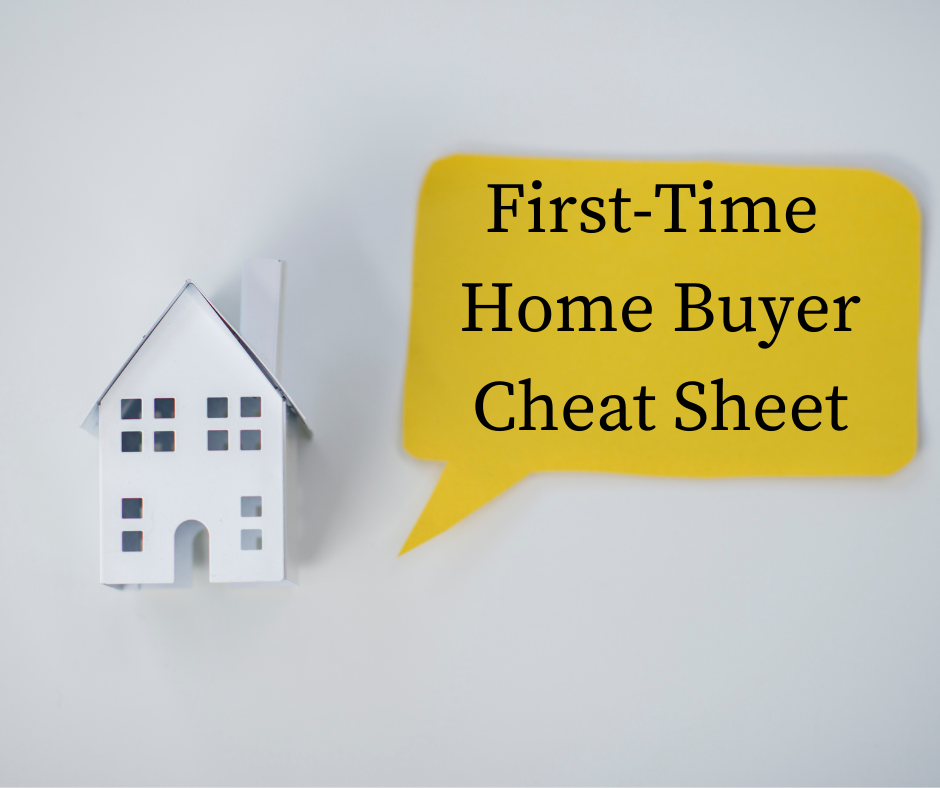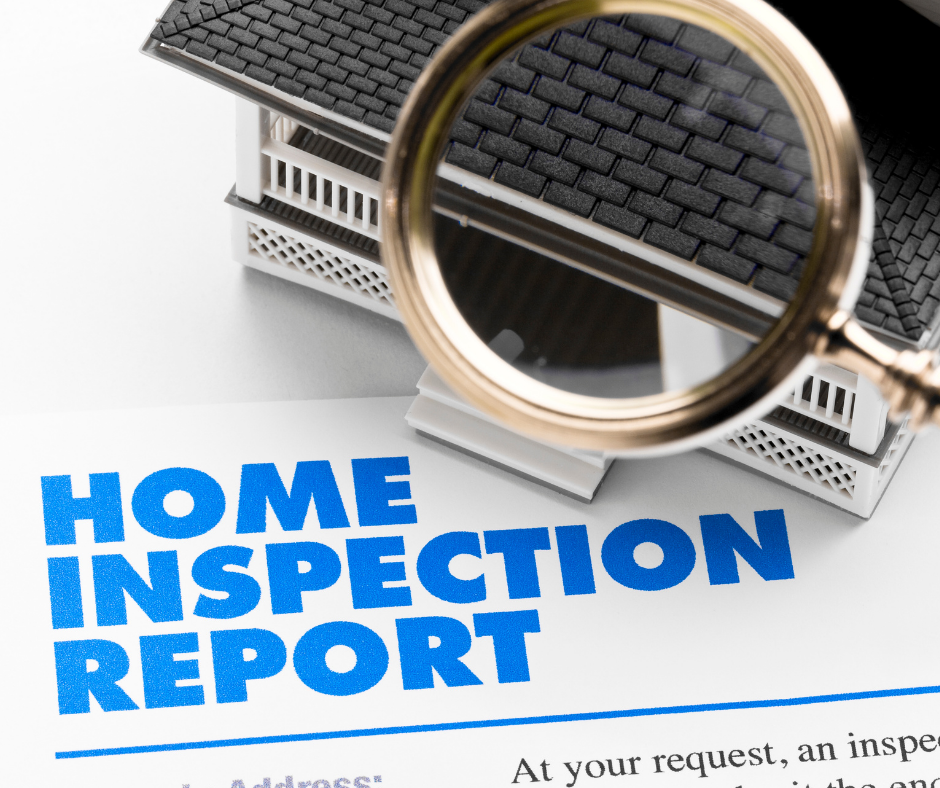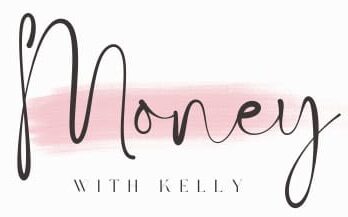
Buying a home can be one of the most exciting times in your life…but it can also be one of the most challenging. You will be working with real estate agents, mortgage lenders, attorneys, home inspectors and more.
You are going to hear them speak a language that will almost seem foreign to you.
If you are a first-time home buyer, I’m going to give you a quick rundown of the lingo. Below I will give you a first-time home buyer cheat sheet.
A first-time home buyer cheat sheet is going to help you navigate this difficult…..but exciting process. Wouldn’t it be great if you understood everything going on around you? If you were able to make decisions based on knowledge.
Below we are going to go over all the vocabulary you will need to navigate the home buying process.
First-time home buyer cheat sheet:
- Loans
- Contracts
- Home Inspections
- Home Warranty
- HOA
- Closing Costs
Loans

My #1 item on the first-time home buyer cheat sheet is your loan.
Be sure to check out my post about the different types of loans (aka mortgages) available. Be sure to work with a good lender who can help you choose the right mortgage.
At this point, I hope you have received a pre-approval letter and are ready to start looking at property. If you have not, be sure to take a look at my post about getting a mortgage pre-approval letter. This will explain everything you need to know about this letter…and why it is so important.
Now that you have started the loan process, what does everything mean? Let’s go over some vocabulary that goes along with your loan.
Down Payment
Your down payment is the amount that you will put down towards the purchase price. This number will be indicated on the pre-approval letter. This is usually a percentage of the purchase price.
Principal and Interest
Principal and Interest is a portion of your mortgage payment that you will pay monthly. The principal is the money that you pay towards the loan amount. The interest is the interest calculated by the lender.
Check out the full details of principal and interest in this article.
Escrows
Your monthly payment will also consist of escrows. Escrows will consist of your taxes and insurance. Mortgage lenders will set up an escrow account that you will pay into as part of your mortgage payment. This payment will consist of an estimate of your property taxes and homeowners insurance.
This will ensure that the taxes and insurance are paid every year. These numbers are an estimate. Lenders will come back and ask for more money when your taxes and insurance increase. Always be prepared for these numbers to increase.
Certain loans will allow you to waive escrows. This means that the homeowner is responsible for making the taxes and insurance payments on their own. There is typically a fee involved with waiving escrows.
Private Mortgage Insurance
PMI is a type of insurance paid on conventional loans when you do not put down 20% of the purchase price. This insurance protects the lender if you were to stop making your payment. Check out this in-depth article on PMI.
Contracts

Next on the first-time home buyer cheat sheet is Contracts. There is a lot of words to know when it comes to a contract.
- Offer
- Acceptance
- Earnest Money
- Due Diligence
- Contingency
- Addendums
Offer
The first thing a buyer will do is make an offer. This will let the seller know what price you are willing to pay for a property.
This is a written offer that you (or licensed realtor) present to a seller. I highly recommend that you work with a realtor. Check out my post about why you should hire a realtor.
Acceptance
Acceptance is when the seller accepts the terms of your offer.
Earnest money

Earnest money is sometimes called the good faith deposit. This is the amount of money you are willing to put down in order to secure the home.
This money is usually held in an escrow account by the real estate company, attorney, or title company. This depends on the state you live in and its laws.
This money will go towards the purchase of the home. If you were to back out of a contract for no reason, then the seller would typically be entitled to this money.
Due Diligence
Due diligence is the time in a contract when you will have inspections, surveys, and more. This is your chance to find out information about the property.
This is time-sensitive. You will need to make sure that all these inspections are completed according to the time frame set forth in the contract. This is the time to ask sellers to remedy any issues that arise with the property.
Contingency

Contingencies are items written into contracts to make sure that certain conditions are met. Buyers will put contingencies into contracts to protect themselves. These items can be:
- Appraisal
- Loan/Financing
- Inspections
Sometimes buyers will write contracts contingent on them selling another property. These types of contingencies are written on addendums.
Addendums
Addendums are an attachment to a contract. Addendums can be written for many reasons. These are additional terms wanted by the seller or the buyer.
Buyers will write addendums for a bunch of different things. They will ask for window treatments, furniture, extra appliances, extended time on closing date, and more.
This is one reason why a good realtor is needed to help you when purchasing a property.
Sellers will also add addendums to contracts. Sometimes they will want to keep a fixture in the house. You will also see some sellers asking for extra time to vacate the property after closing.
You can write an addendum for anything. These addendums are part of the contract and must be signed by all parties to ratify a contract.
Home Inspections

The next item on the first-time home buyer cheat sheet is home inspections. These are very important. Even if you intend to buy a property as-is.
A home inspection will give a detailed report of heating and cooling systems, plumbing, electric, roof, insulation, foundation, and more.
This inspection is done during the due diligence period. This is time-sensitive. Your contract details when this must be completed by.
Check out this full article about everything a home inspection will cover.
Your realtor should be able to recommend a good inspector in your area. This is another reason to work with a realtor.
Home Warranty
The next item on the first-time home buyer cheat sheet is a home warranty. A home warranty is an option…but I consider it a necessity for a first-time home buyer.
A home warranty is a yearly contract that you buy (or can ask the seller to buy). It covers repairs or replacement of systems in your home. Be sure to check out all the different warranties available and what they cover.
HOA

HOA aka home owner associations. So many homes are located in an HOA. Be sure to know if you are buying in an HOA.
There are typically monthly or quarterly fees associated with an HOA. They will also have a set of rules that you must follow.
The seller will have to provide these documents to you. I recommend that you read through all the documents BEFORE you make an offer on a property.
Closing Costs
The last item on our first-time home buyer cheat sheet is the closing costs. Closing costs are typically 3-6% of the loan amount. A good lender will go over these costs. Closing costs can include:
- Attorneys fees
- Appraisal
- Credit report
- Loan fees
- Title search and title insurance
Hopefully you now have a better understanding of buying a home.
This cheat sheet should make you more comfortable with buying a home. Also, working with a good realtor and lender should make the process easier.







